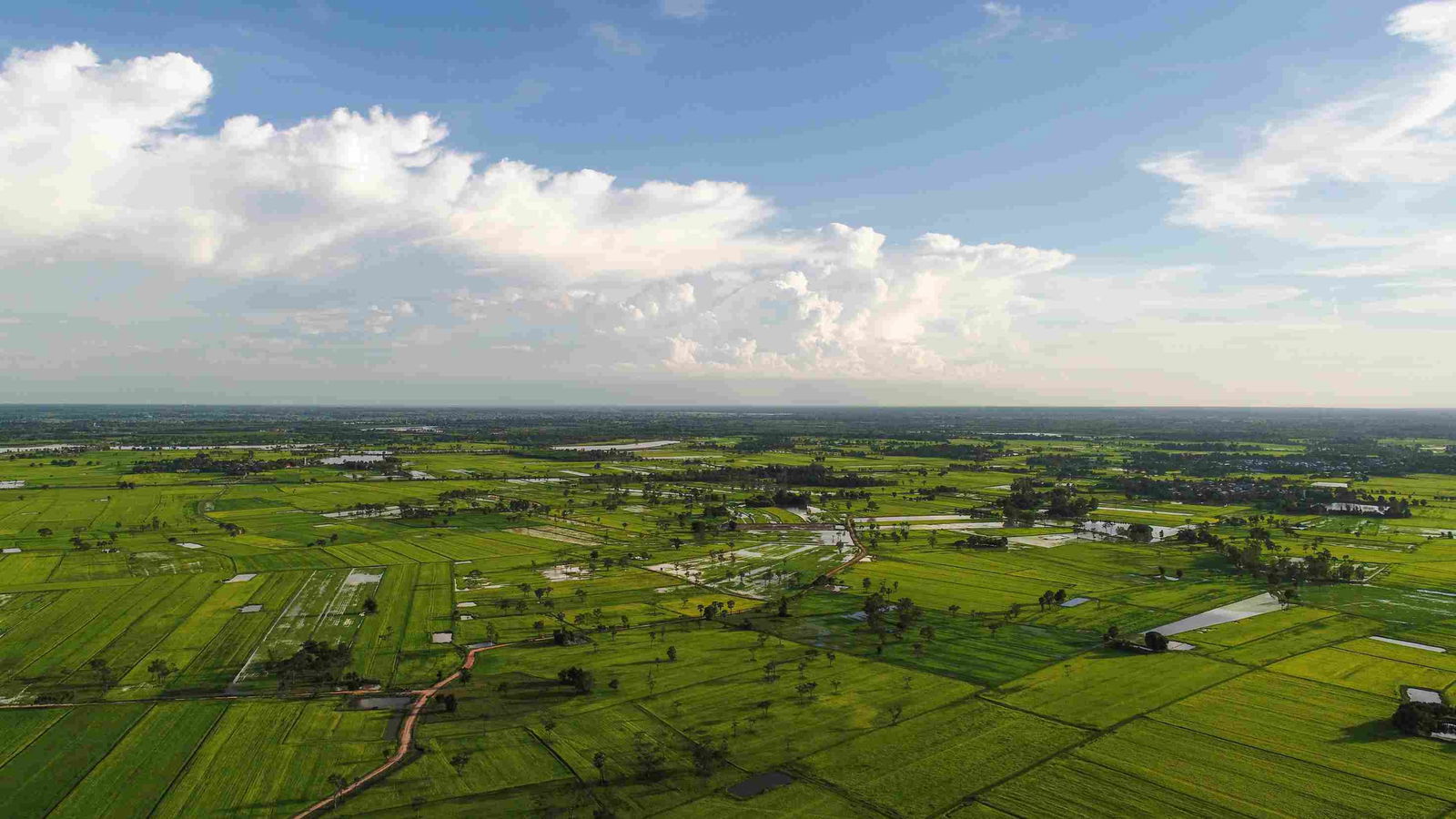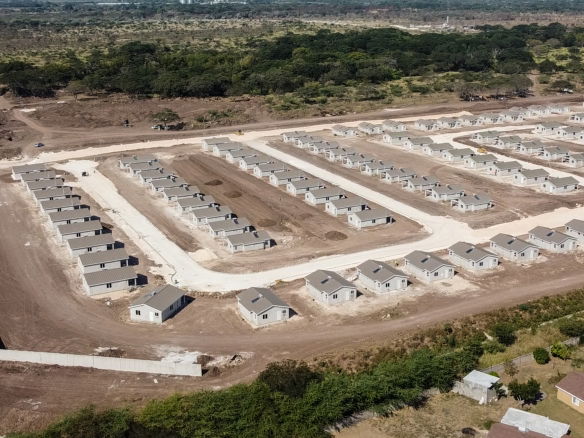Crown land, which has a rich history and a wide range of development opportunities, makes up a significant portion of Jamaica’s real estate. The Jamaican government owns these lands, which can be purchased for a variety of uses, including residential and agricultural enterprises. Buying crown land is not as simple as buying private property, though. Crown land is land that the Jamaican government owns. These territories were formerly governed by the British Crown during colonial times and are currently owned by the Jamaican government.
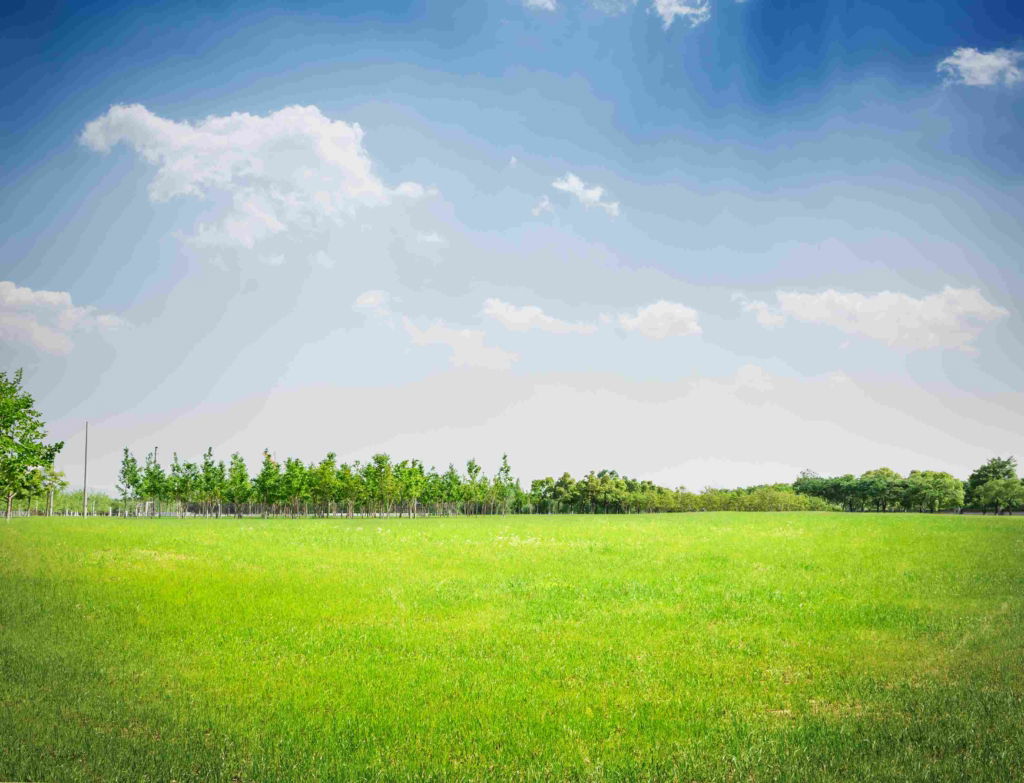
Crown lands are frequently utilized for public initiatives like community service, environmental preservation, and infrastructural development. However, as long as they fulfill the regulations set forth by the government, people, businesses, and organizations are welcome to seek to buy or lease these lands for a range of private purposes. This article will assist you in navigating the process of obtaining crown property in Jamaica by outlining the necessary steps, legal requirements, and important factors.
Who Can Buy Crown Land?
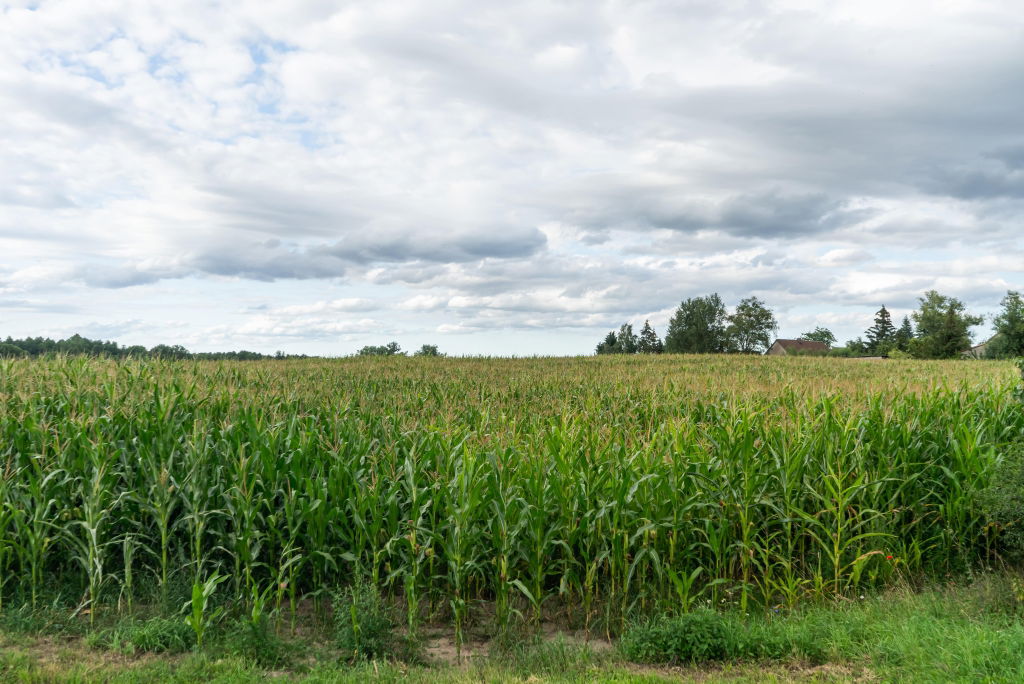
Jamaican nationals, residents, and registered businesses can usually purchase Crown land. The kinds of projects or developments suggested for crown lands may be preferred by the government in particular, especially if they support community needs or national development objectives. It is imperative to exhibit both the financial capacity and a well-defined, workable strategy for the land’s planned use.
The Crown Property (Vesting) Act is the most important piece of legislation that governs the purchase of crown land in Jamaica. The procedures for the purchase, disposition, and management of crown lands are set down in this statute. The Ministry of Agriculture and Fisheries and the National Land Agency (NLA) are also essential in managing the sale and transfer of these lands. Complying with all government requirements and facilitating a seamless transaction requires an understanding of the legal framework.
Steps to Purchase Crown Land in Jamaica
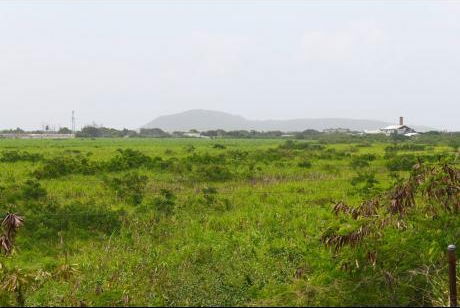
Identify the Land
Finding the exact property you want to buy is the first step in obtaining crown property. Crown lands that are for sale are listed by the government regularly and can be obtained through the Ministry of Agriculture and Fisheries or the National Land Agency (NLA). For the most recent information, it is advised to visit these agencies in person or browse their websites.
Submit an Application
The next stage after locating a piece of crown land is to formally apply to the appropriate government body, which is typically the NLA. Complete information including your identity, proof of Jamaican citizenship or residency, a thorough explanation of how you intend to utilize the land, and proof of your ability to pay should all be included in your application. The goal of the application process is to verify that the potential buyer has the resources and intention to use the land for development
Valuation and Assessment
Following the submission of your application, the government will thoroughly evaluate the land. The market worth of the property will be assessed by a licensed valuator who will take into account the property’s size, location, and possible uses, among other things. This assessment aids in guaranteeing that the buyer is paying a fair price and that the government is fairly compensated for the land
Approval Process
Several government departments must review the application, which might prolong the approval process. Your suggested development plan will be carefully examined during this period to make sure it complies with both local and national development goals. Before making a final judgment, the government may also visit the location or ask for more information.
Negotiation and Payment
After your application is accepted, the negotiation round will begin. This entails talking about the purchase price as well as any particular terms or conditions of the transaction. To make sure that the conditions of the sale are reasonable and that your interests are safeguarded, it is essential to have legal counsel during this phase. You will have to pay the remaining amount upon transfer of ownership, which can include a deposit if the arrangements are finalized.
Transfer of Ownership
The formal transfer of ownership is the last stage in the acquisition of crown land. This entails preparing and executing several legal documents, such as the title transfer and selling agreement. To guarantee that the transfer is accomplished in compliance with Jamaican law and to handle the legal requirements, it is important to retain the services of an attorney. Following the transfer’s completion, you will formally possess the royal land and be free to move forward with your planned development.
Purchasing crown land in Jamaica presents special chances for growth and financial gain. It does, however, necessitate thorough preparation, adherence to legal standards, and comprehension of the government’s goals. You will be able to obtain royal property for your personal or commercial use with confidence if you follow the methods listed in this guide.
Acquiring royal property can be a difficult procedure with several possible obstacles. These could include hold-ups in the approval process, disagreements about the value of the land, or legal problems about title transfers and land ownership. It’s critical to carry out in-depth research, keep lines of communication open with government agencies, and obtain expert legal counsel at every stage of the procedure to reduce these dangers.
In Jamaica, buying crown land offers the chance to obtain government-owned land for a variety of purposes, but the procedure involves carefully navigating legal and administrative procedures. Prospective purchasers need to be ready to go through several steps in the process, which include finding suitable land, filling out an extensive application, getting their property valued thoroughly, and negotiating conditions with government organizations. From ownership application, the process can be drawn out and complicated. To guarantee that Jamaican law is followed, it is frequently necessary to involve several government agencies and go through legal processes. Crown property can be a profitable investment for individuals who are prepared to overcome these obstacles.
For more information, visit the National Land Agency website.


